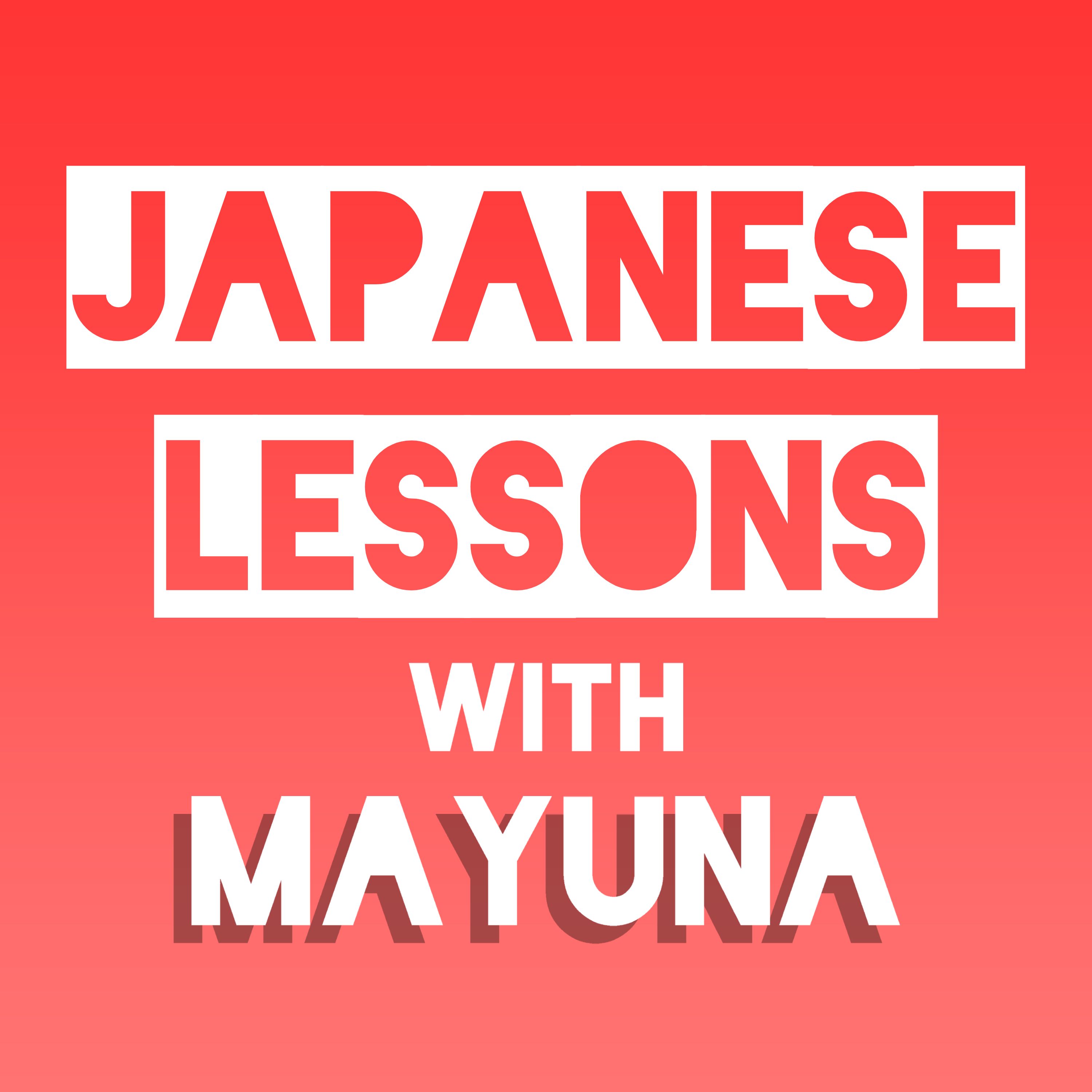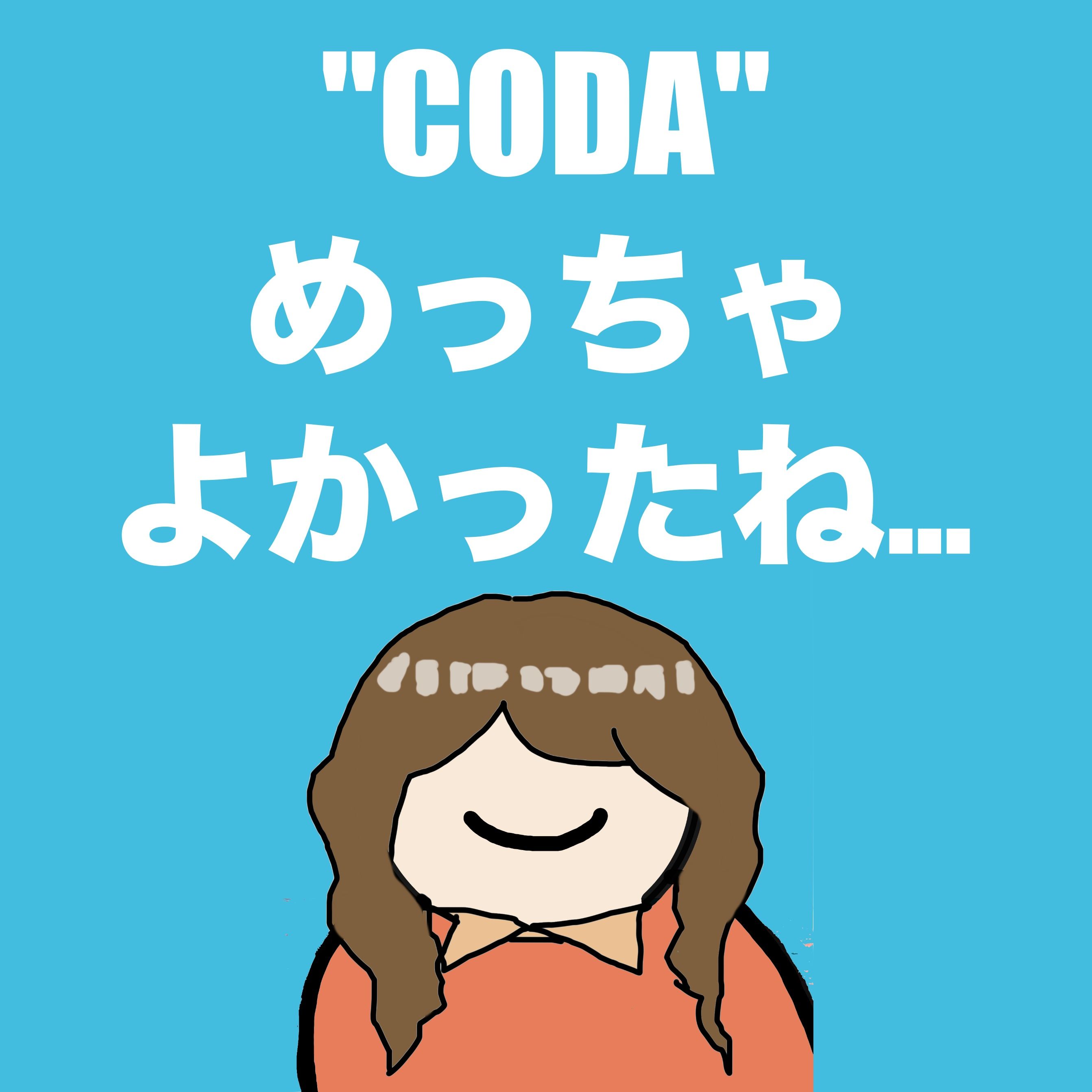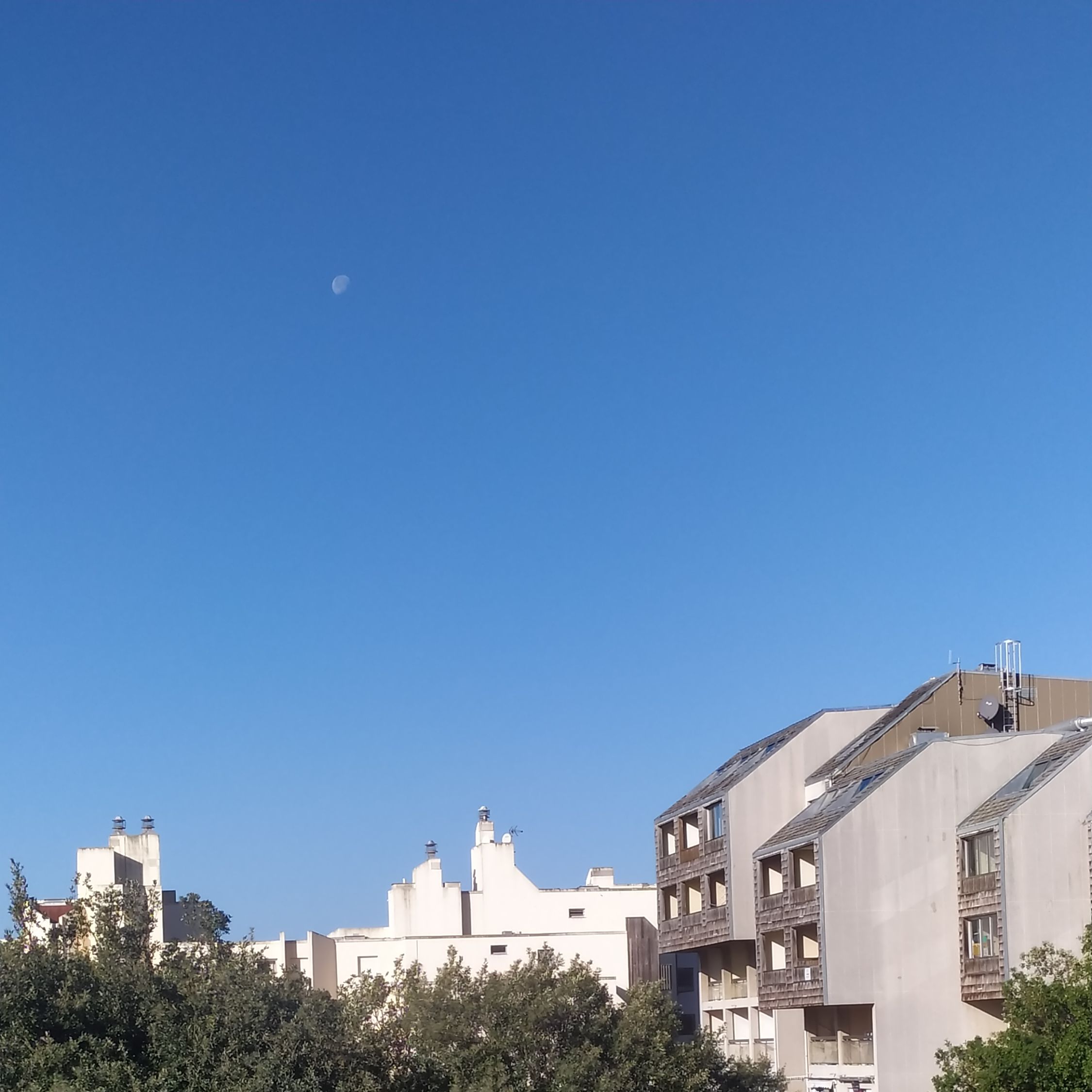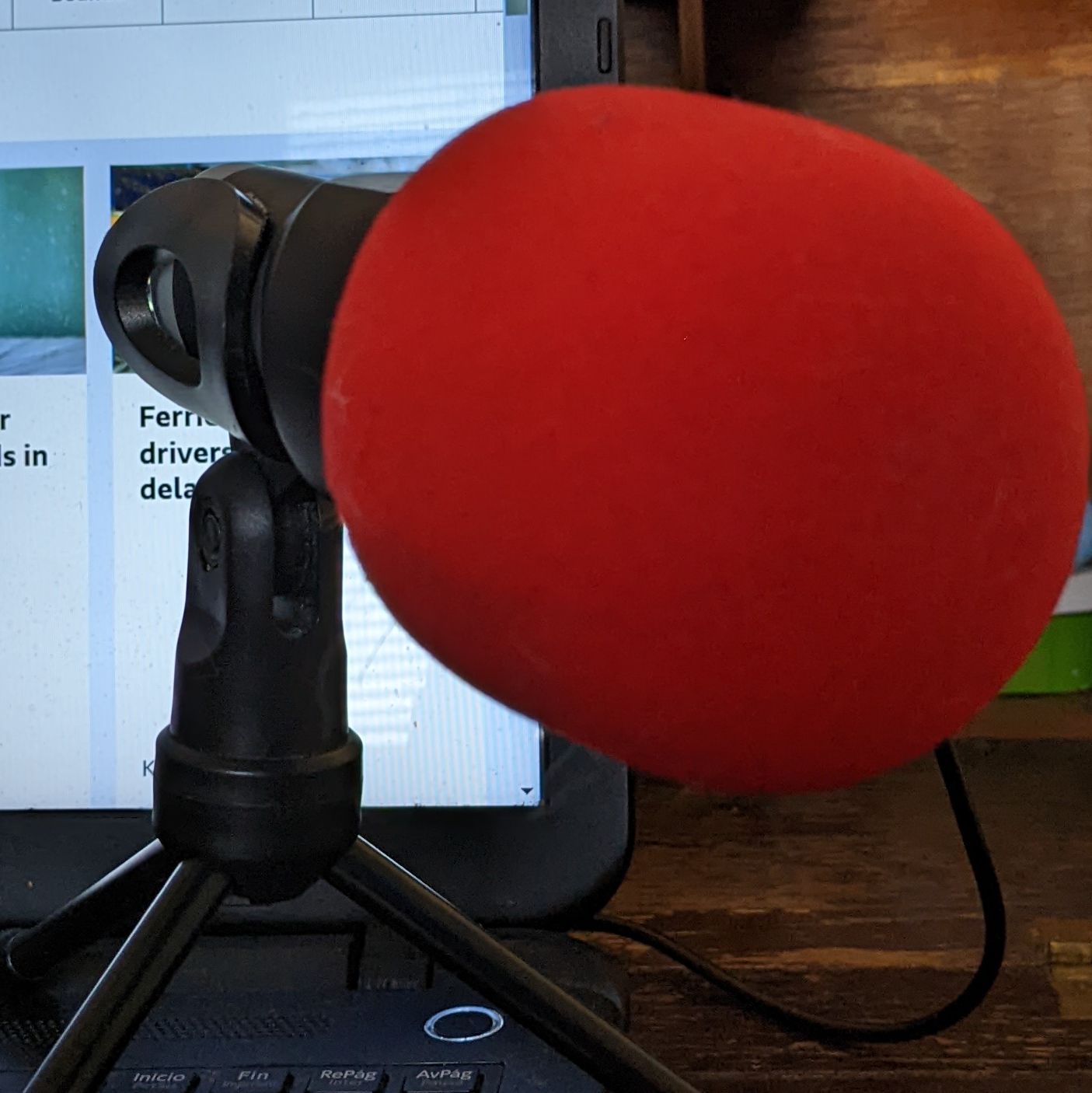
31. ウェビナーとゲーム
Description
Full transcript: https://japanesemayuna.com/
はい、こんにちは。今回はポッドキャストの31回目です。最近はほとんど一日中クーラーをつけています。食欲も無くなってきたので、そうめんやきゅうりを食べています。今月はいろいろな用事があって忙しかったです。最近はもっと仕事や語学について勉強しようと思っていて、読みたい本がたくさんあるのですが、なかなか読む時間が取れません。最近レッスンで生徒さんに聞いた「機会費用」の話が面白かったので、ベンジャミン・フランクリンの本を読みたいです。
Hello. This my podcast episode 31. These days I have the air-conditioner on almost all day long. I've lost my appetite and I'm eating Somen noodles and cucumbers. I've been busy this month with a lot of different things. Recently I have been trying to learn more about work and languages, and there are many books I want to read, but I can't find the time to read them. I want to read a book by Benjamin Franklin because I recently heard a student talk about 'opportunity cost' in a lesson and it was interesting.
先週ウェビナーが終わりました。ライブ時はコメントや質問がほとんどなかったのですが、実はライブが終わってから数分後に、たくさんのコメントや質問が一斉に送られてきていました。日本では、質問の時間は、最初の一人が質問するまで、まったく質問がない、沈黙の時間があるのが普通です。ところが英語圏では、どんどん質問が飛び出すのが普通です。
The webinar finished last week. There were very few comments and questions during the live session, but in fact, a few minutes after the live session was over, many comments and questions were sent in all at once. In Japan, there is usually a period of silence, with no questions at all, until the first person asks a question. In English-speaking countries, however, it is normal for questions to keep popping up.
当日裏方でウェビナーの操作をしていたitalkiの方は、英語のウェビナーの雰囲気に慣れていました。沈黙が続いたとき、質問がないと思って、私に気を使ってくれて、質問コーナーを早く打ち切りました。こういうところでも文化的な理解の違いがあるんですね。この違いに気づかなかったのは、私の経験不足です。もしまたウェビナーのホストをする機会があったら、この点を改善したいと思います。
Podcast Channel
Japanese Lessons with Mayuna
Author
All episodes

“Vivid depiction of people with disabilities in “CODA”” 「コーダあいのうた」がこだわった障害者の描き方」

ペットは貨物(かもつ)?それとも家族(かぞく)?| Are pets cargoes? Or family?

la météo

One Minute Speaking Challenge: Work Related

DICCIONARIO.

3 Useful Phrases for IELTS Speaking Part 1, 2 and 3. Listen now.

Self Help Books

An Informal Way to Pass Information
Popular episodes

"After 5" by Japanese Teacher
“Vivid depiction of people with disabilities in “CODA”” 「コーダあいのうた」がこだわった障害者の描き方」

NANAのにほんごpodcast
ペットは貨物(かもつ)?それとも家族(かぞく)?| Are pets cargoes? Or family?

Niveau a2
la météo

One minute speaking challenge - Challenge yourself to speak English daily!
One Minute Speaking Challenge: Work Related

CHISTES MEXICANOS
DICCIONARIO.

IELTS-SPEAKING 8-9 BAND IS POSSIBLE. DAILY SPEAKING PRACTICE PART 1,2 & 3. Listen daily.
3 Useful Phrases for IELTS Speaking Part 1, 2 and 3. Listen now.

Teacher Joseph's Podcast
Self Help Books

Teacher Joseph's Podcast
An Informal Way to Pass Information